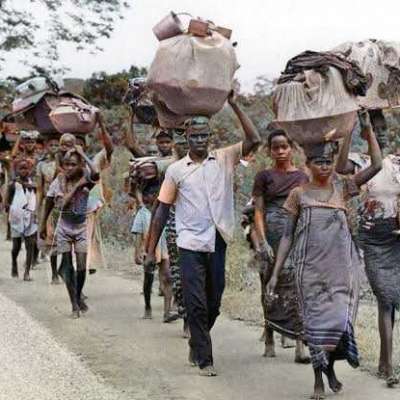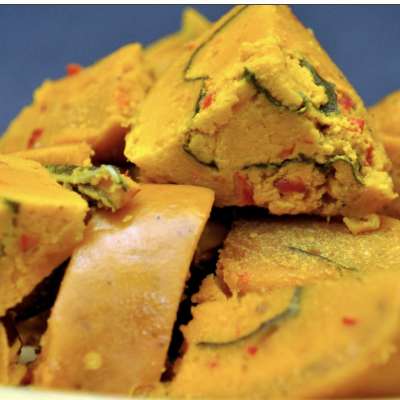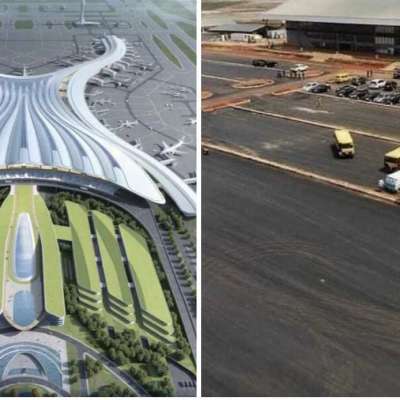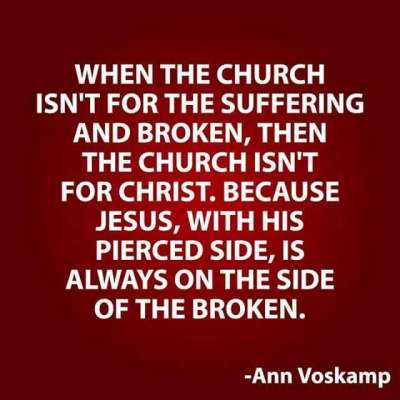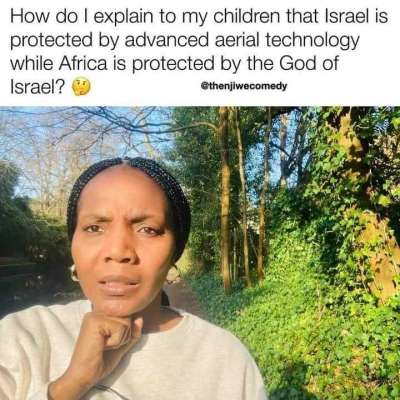For my young brothers and sisters, please read and understand what we experienced. There is no challenge too difficult that we cannot discuss on the table. There is no benefit in wasting your lives for something we can achieve with soft power.
Biafra War Experience: Abatam Nwosu.
BOB COLE - Late 1969,
Nkwerre, Orlu, Biafra:
I was 12 years old, accompanying my uncle Bob to buy the makeshift cigarette called Director, which was made from dried plantain and other leaves that were within reach.
By this time, the Republic of Biafra had shrunken to the size of a child's fist. All those excitable young men, who I had watched in 1967 goose stepping with gusto to the DMGS field to enlist as soldiers to 'fight Gowon and the Hausas', (the enemy then was not Fulani!)
had long since died and turned to dust.
The Biafran Army was now conscripting boys to fight the war, a war which was already hopelessly lost except in the minds of the most delusional psychos. Teenagers now spent their days in hiding, scared to death of being conscripted and
devising ingenious ways of eluding the soldiers that were hunting them like deer.
My uncle Bob was one of such teenagers. He must have been about 18 years, I think. Before the war, he was the goalkeeper for the Eastern Region schools football team. He was a celebrity.
He was nick named 'Bob Cole'. His real name was Bosah Nwokedi. I loved and admired him because my pet dream before the war was to go and join the Chelsea football academy in London, England.
As Bob and I walked home along the dirt road after purchasing the crude cigarettes, we were completely taken by surprise when a Biafran Army patrol Jeep pulled up alongside us.
Before he could flee, four soldiers jumped on him and shortly he was being bundled into the rickety,
smoking vehicle. He screamed and kicked but he was totally subdued. A new soldier had been enlisted in the Biafran Army! I was fortunately overlooked because I was just a little bit too puny.
As the army vehicle spluttered away, Bob yelled for me to inform my dad what happened.
He shouted for me to plead with my dad to make haste to Bishop Shanahan High School, Orlu, which was the makeshift Biafran Military Training Academy. In Biafra, everything was makeshift.
My dad, of course, was unable to help. He knew it was fruitless and even too risky.
His close friend and fellow High Court judge, Justice Araka had been in detention virtually from the first day of the war. My dad always knew the war effort was doomed from the start. In fact, two years earlier, he had predicted through the use of his common sense,
exactly how the Biafran misadventure would end. Everything he foretold was unfolding uncannily before our eyes.
He was no prophet. The only inspiration he had was, like I said, his common sense.
At the Military Training Centre, boys, who had never seen a gun in their lives, were taught how to load and shoot it under one hour. There was no time for drills and parades. In an hour or two, they would be hurled into waiting lorries and transported to blazing war fronts to
confront well-fed, well-trained, armed-to-the-teeth, Nigerian soldiers.
The clothes they wore at the point of conscription would be their army uniform. Those crude slippers made of discarded car tyres would be their jack boots.
They would be issued with rusted, often malfunctioning old repeater rifles as their fire arms.
They would most likely be given a dozen or so bullets as ammunition, which they had to expend stingily.
They would almost certainly not have eaten since being conscripted and would go into battle on empty stomachs.
Three days after Bob's conscription, two of my older cousins, who were in the army, arrived at our house, petrified, disoriented and starving.
They had escaped and deserted from the Uzuakoli battle front, where the Nigerian military machine was bombarding the hapless Biafrans with unrelenting heavy artillery and aerial assault.
With tears running down their faces, the two run-away sodiers told my parents how they had caught sight of Bob alighting from the lorry that conveyed them to the Uzuakoli front.
And just as they were hitting the ground, the arriving makeshift platoon suffered a direct mortar hit
Bob and his mates were caught in the explosion and were never seen alive again. They had not even fired a single shot from their useless rifles. That was the gruesome end of my football idol Bosah Nwokedi alias Bob Cole.
Therefore, being a living witness, I can assure you that I have so much to remember about that unfortunate war and that nobody is more grieved about it than me. So, when I see pretensious, bombastic, posturing young men born in the '70s, '80s and '90s, instructing me how to cry
about the carnage that I saw with my own eyes, I feel like crying for a different reason altogether.
I know for sure that most of them don't really give a rat's fart about Bob and his likes. The important thing obviously is the opportunity afforded for
anarchy and fascism to fester; for authoritarianism, ultranationalism and dictatorial power to be practised; for the pursuit and practice of the forcible suppression of opposition and strong regimentation of a funny society.
The End...
Original story by
- Odi Ikpeazu
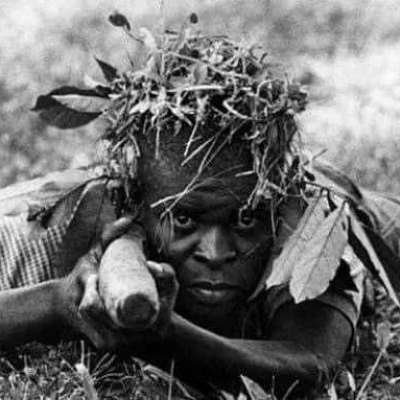
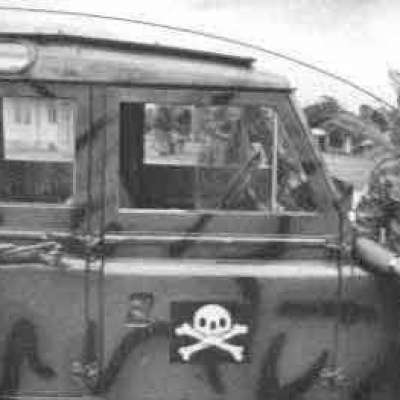
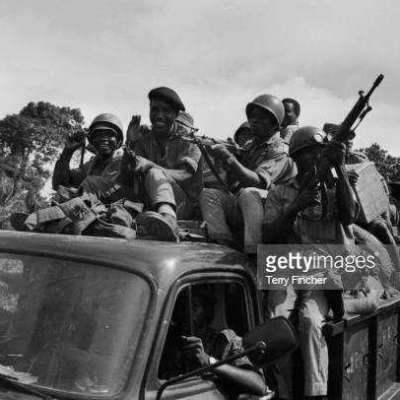 +6
+6
